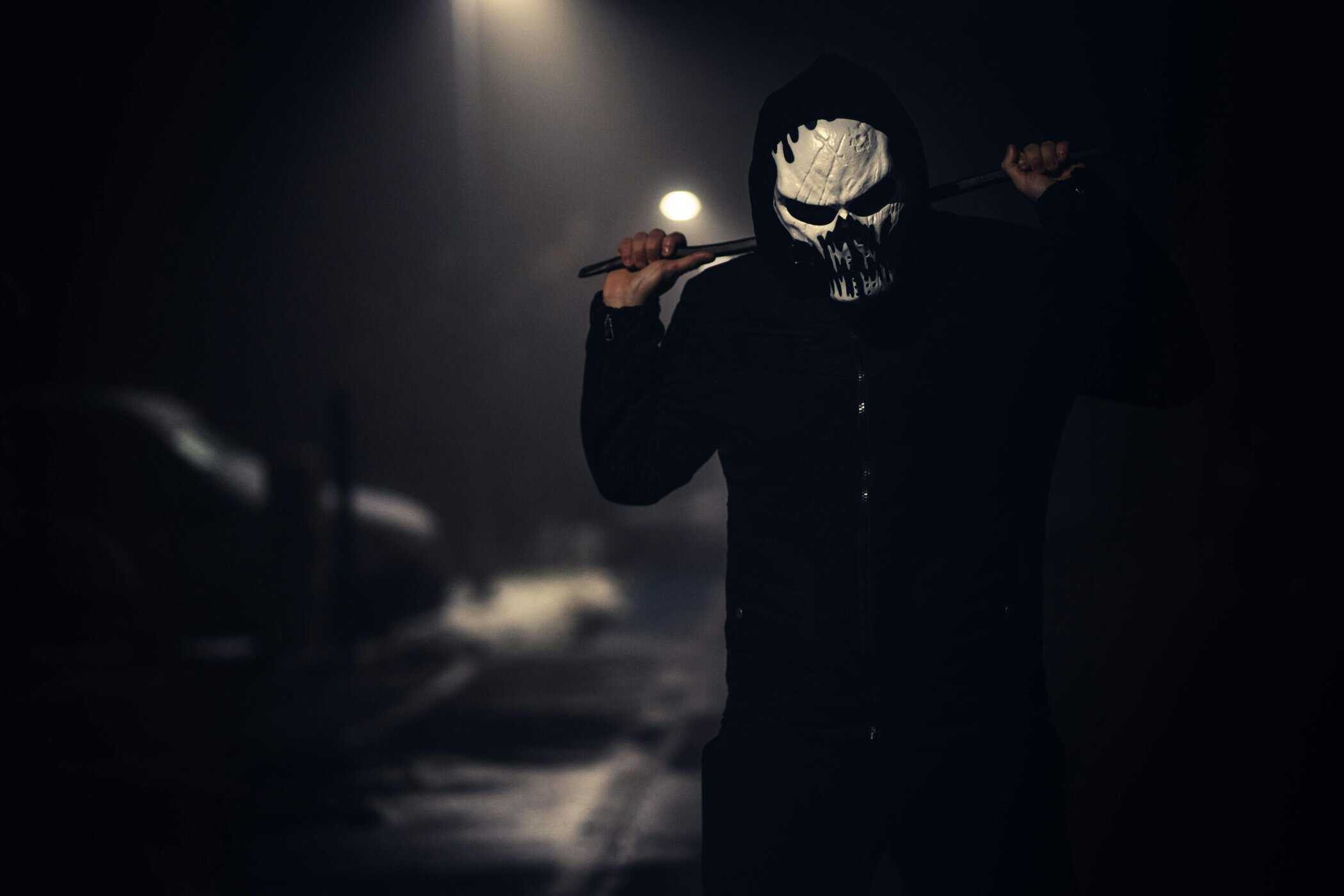Villains have a way of stealing the spotlight, even when the story is meant to be about the hero.
Whether it’s a charismatic mastermind, a ruthless antihero, or a tragic figure with a dark past, villains often feel more interesting and layered than their heroic counterparts.
But why do we find them so captivating?
Villains Are More Complex Than Heroes
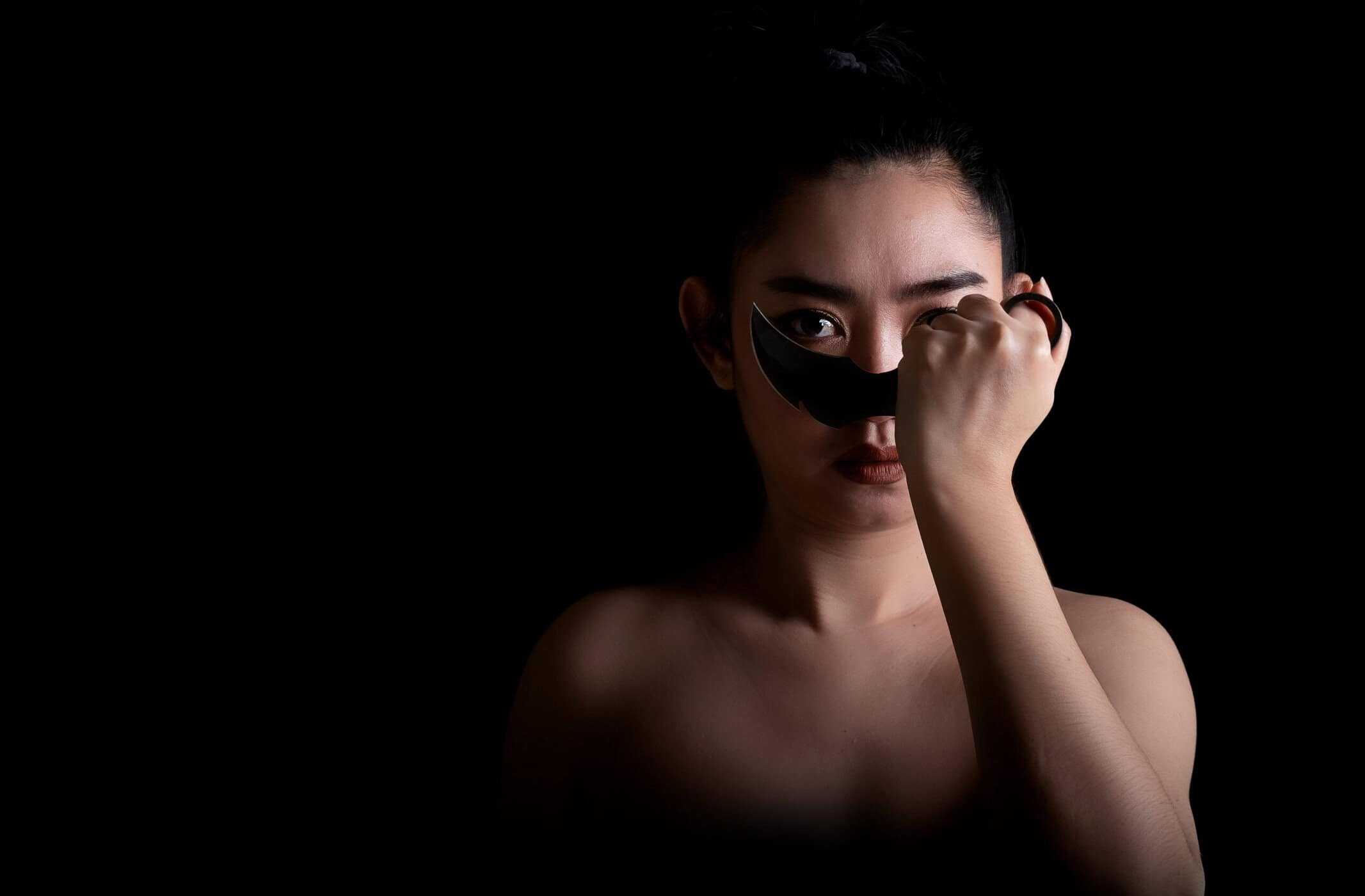
Heroes are often written as noble, brave, and good-hearted. While that makes them admirable, it can also make them predictable.
Villains, on the other hand, tend to have richer backstories, personal struggles, and inner conflicts that make them more complex.
Their motivations—whether it’s revenge, power, or something more personal—can make them feel real and relatable.
A well-written villain isn’t just evil for the sake of being evil. They have reasons for what they do, and sometimes, their logic even makes sense.
This depth adds intrigue and keeps audiences invested in their story. A great villain forces the audience to think, to question morality, and sometimes, to even sympathize with their perspective.
They Have More Freedom Than Heroes
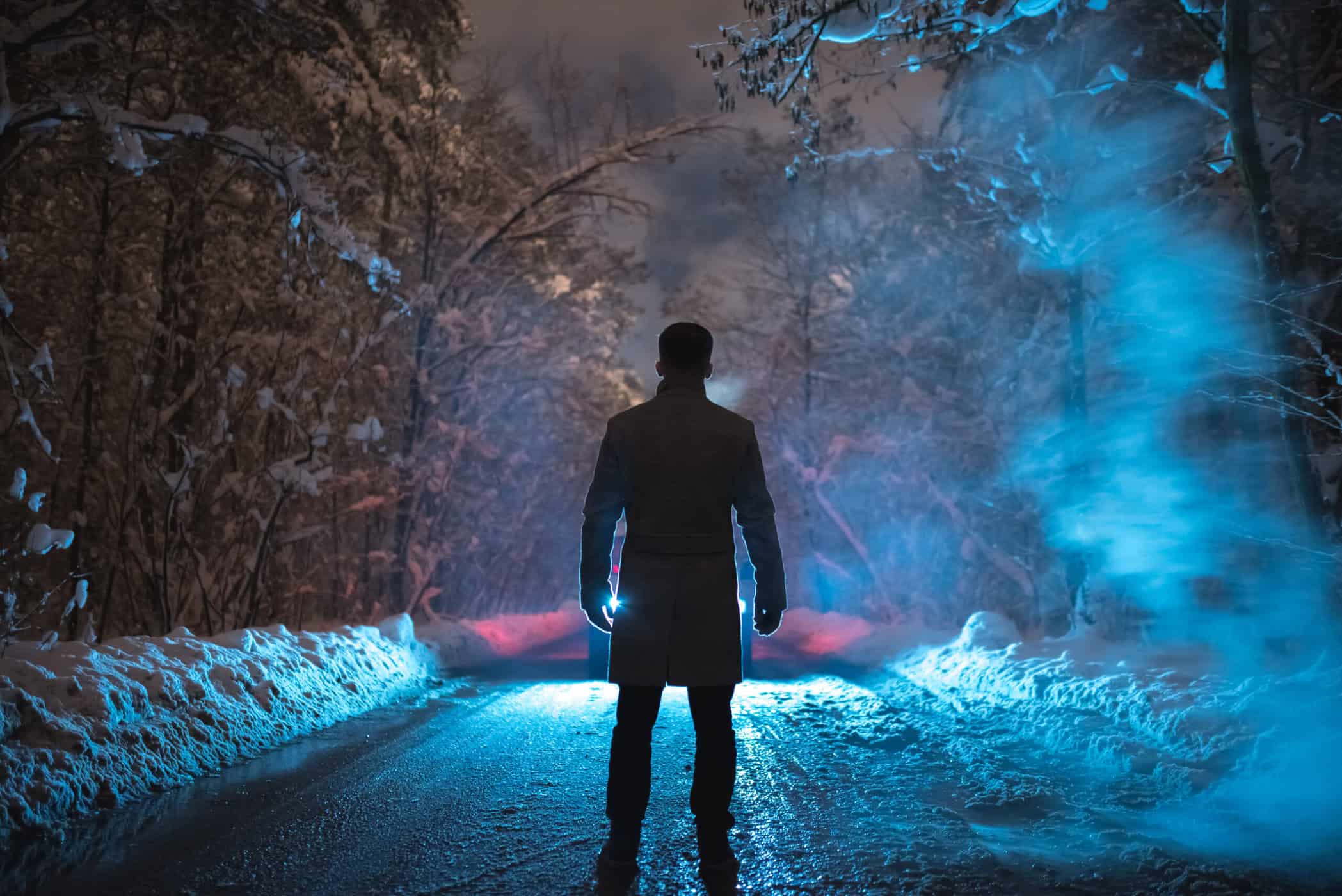
Heroes have rules. They have to be selfless, and courageous, and do what’s right—even when it’s difficult.
Villains don’t have to follow any of those rules, and that makes them unpredictable and exciting to watch.
They say and do things that heroes never could. They break the rules, they take risks, and they create chaos, which makes them endlessly entertaining.
Watching a villain gives us a sense of thrill because we know they’re going to do something unexpected. They’re not limited by the moral compass that keeps heroes in check.
This freedom makes them dynamic and allows them to evolve in ways that heroes often don’t.
We Connect With Their Flaws
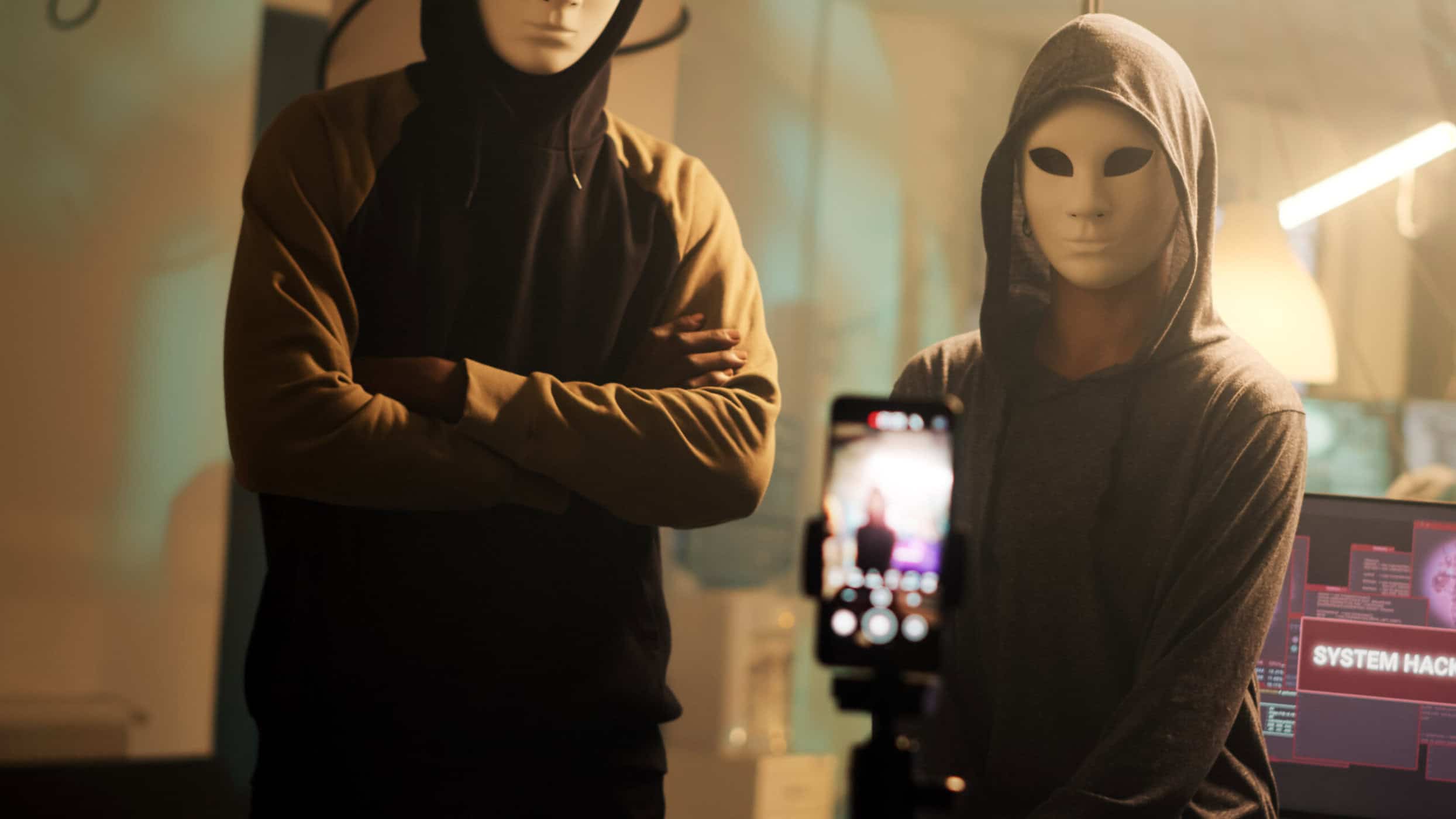
Heroes are often idealized versions of what people should be, but villains feel more like real people.
They make mistakes, they let emotions guide them, and they struggle with their own weaknesses. In many ways, their flaws make them more relatable.
Many villains are driven by pain, loss, or rejection—things that everyone has felt at some point. A villain who seeks revenge, power, or respect is simply someone who has taken a wrong turn in response to life’s hardships.
This makes their storylines compelling because they reflect the struggles that real people go through, just in a more extreme way.
They Make the Story More Interesting
Without a good villain, a story can feel dull. A hero without an equally strong villain has nothing to fight against, no real obstacles to overcome.
It’s the villain that creates tension, drives the plot forward, and forces the hero to grow.
Some of the most iconic stories in film, television, and literature are remembered because of their villains.
The Joker makes Batman’s world infinitely more fascinating. Darth Vader gives Star Wars its emotional weight. Without a strong villain, even the best hero can feel flat.
We Enjoy Exploring The Dark Side—From a Safe Distance
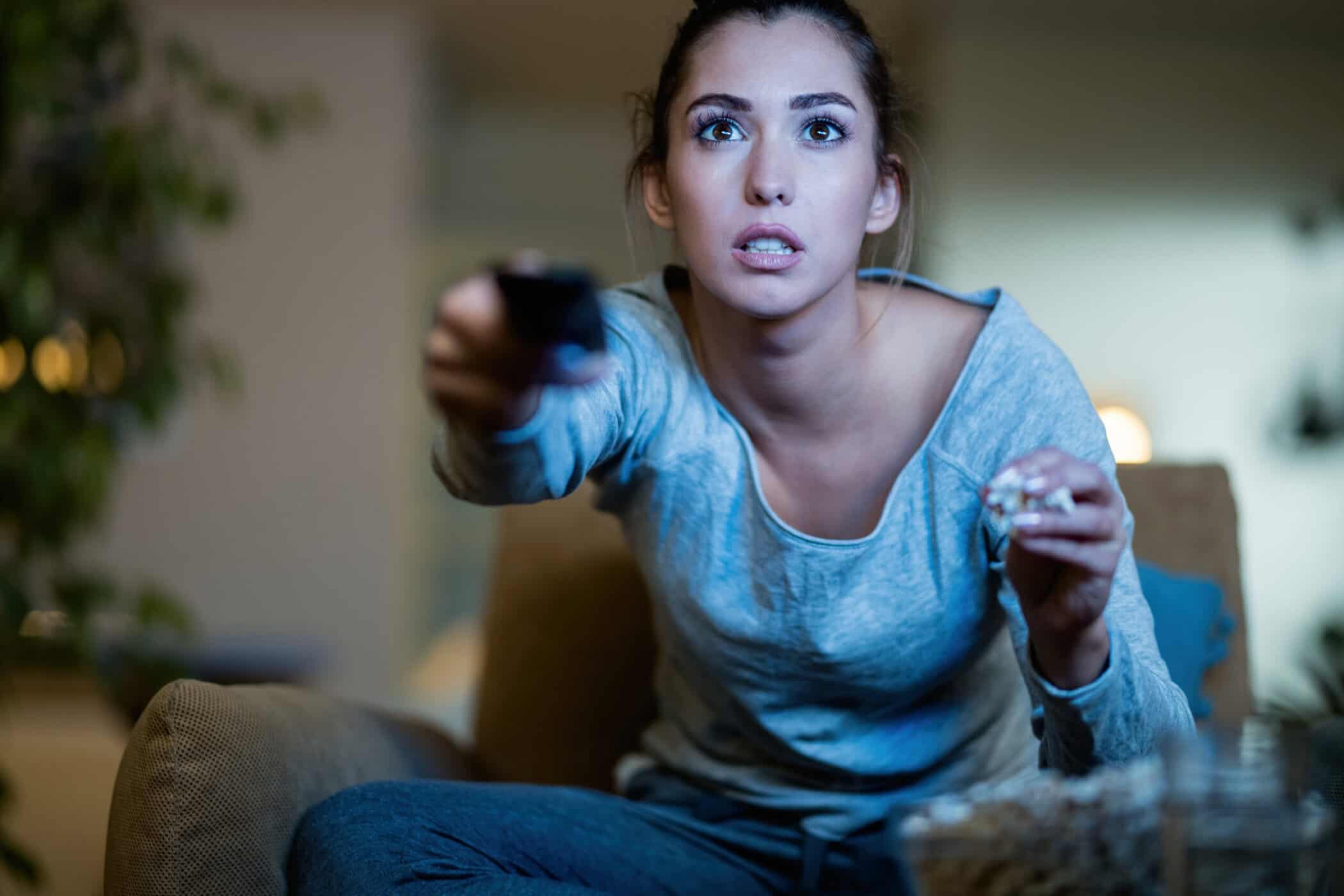
There’s a certain curiosity about darkness and chaos, but in real life, we avoid it. Villains allow us to explore these dangerous and forbidden aspects of human nature from the safety of a screen.
We get to experience their power, their confidence, and their rebellion without facing any real consequences.
This is why many of us find ourselves rooting for villains, even when we know they’re in the wrong. We enjoy their intelligence, their confidence, and sometimes, even their twisted sense of humor.
They represent the part of us that wonders what it would be like to live without limits, to break the rules, and to embrace our flaws instead of fighting against them.
Villains may be the “bad guys,” but they often feel more human, more complex, and more entertaining than the heroes they fight against.
Whether we love to hate them or secretly admire them, one thing is certain—they make every story better.

